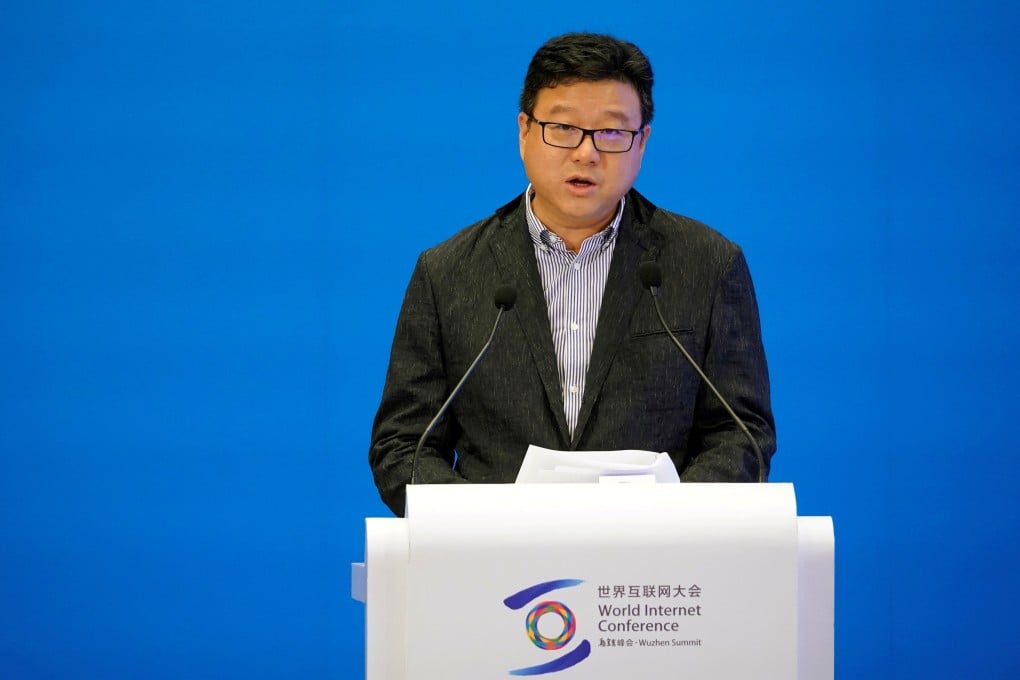NetEase CEO says Genshin Impact, Apple moves will pressure Chinese app stores to cut fees
- Most Chinese Android-based app stores that come preloaded on phones from Xiaomi and Huawei have taken a 50 per cent cut of developer revenue
- The pushback against app store commission fees worldwide is not new, but it was given impetus when miHoYo and Lilith Games took their fight public

Chinese app stores are losing their bargaining power to app developers as pressure grows for lower platform fees, according to the founder and chief executive of Chinese video games giant NetEase.
On the company’s third-quarter earnings call last week, William Ding Lei commended miHoYo for bypassing most Chinese app distribution platforms to offer its blockbuster game Genshin Impact as a direct download from its own website. He said miHoYo’s bold move, coupled with Apple’s decision to halve its commission on in-app purchases for small app publishers, will push Chinese app stores to rethink their own platform fees.
“We are pretty optimistic about this because China is the country with the highest cost of publishing a game,” Ding said last Thursday. “Strangely, when it comes to Android app stores, those overseas take 30 per cent, and those in China take 50 per cent. So there is a lot of room [for improvement],” he said.
“We endorse Genshin Impact’s decision to publish the game with its own distribution channel. This is a very excellent market decision. I’m also aware that Apple has lowered its fee to [15 per cent]. These all suggest that the battle between app stores and content providers will tilt towards content providers,” he added.
Last Wednesday, Apple announced that developers earning less than US$1 million a year will only have to pay half the standard commission of 30 per cent on in-app purchases, effective January next year.